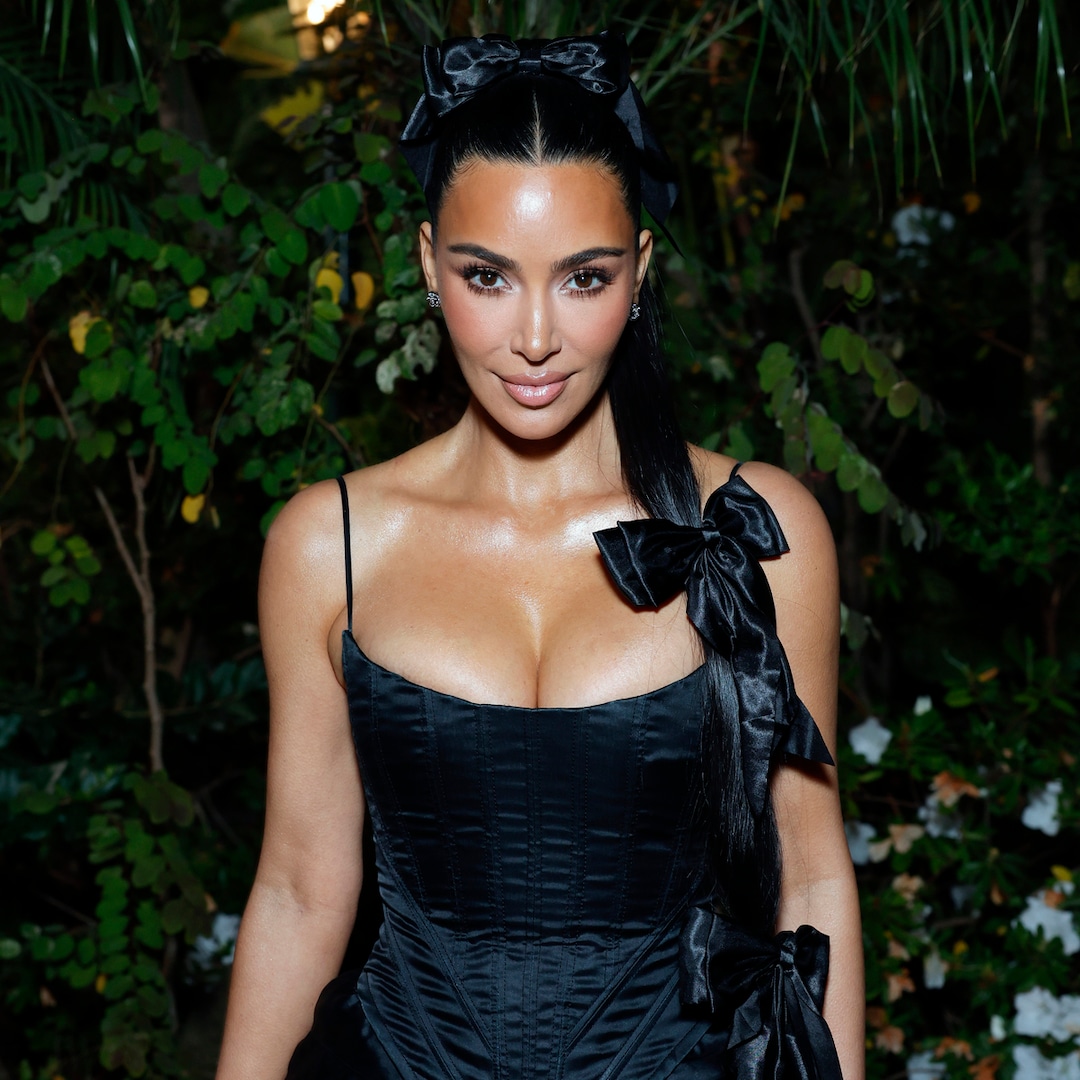AI-generated songs are showing up under deceased artists on Spotify


Bands like The Velvet Sundown and TaTa — artists made up completely with the use of artificial intelligence — are already creating a pretty widespread dispute within the music industry. Now, that debate deepens, as Spotify has allegedly published AI-generated songs on the pages of deceased artists
Take a look at Blaze Foley, a country music singer-songwriter who was murdered nearly 40 years ago. According to a report from 404 Media on Monday, a new song popped up on his Spotify page called "Together" just last week. You can't find the song on Spotify anymore because the streaming service removed it for violating "Spotify's deceptive content policies, which prohibit impersonation intended to mislead, such as replicating another creator’s name, image, or description, or posing as a person, brand, or organization in a deceptive manner," a Spotify spokesperson said in an email to Mashable. But before it was taken down, 404 Media reported that the song had a lot of the same features a typical Foley song would: "a male country singer, piano, and an electric guitar." It, apparently, sounded vaguely like "a new, slow country song." The page for the song, 404 Media reported, also featured an AI-generated image of a man singing into a microphone who didn't even really look like Foley.
"I can clearly tell you that this song is not Blaze, not anywhere near Blaze’s style, at all," Craig McDonald, the owner of Lost Art Records, Foley's music label, told 404 Media. "It’s kind of an AI schlock bot, if you will. It has nothing to do with the Blaze you know, that whole posting has the authenticity of an algorithm."
Blaze isn't the only dead artist facing this issue, according to 404 Media. Spotify also published AI-generated music by Grammy winning country singer-songwriter Guy Clark, who died a decade ago. Like the image for Blaze, the image of Clark is also AI-generated and does not look like Clark, the news outlet reported.
A Spotify spokesperson said in a statement that it will "take action against licensors and distributors who fail to police for this kind of fraud and those who commit repeated or egregious violations can and have been permanently removed from Spotify."
In his Substack, music writer Ted Gioia celebrated how quickly Spotify responded not only to him but also to the music itself, but some fans aren't so sure Spotify is handling the AI music craze with enough urgency. In a Reddit thread about the story, one user said "I'm about halfway through my Discover Weekly for this week, so far 3 songs are AI generated." Another user said "they need to add an AI filter asap or im done with them."
All the while, Spotify appears to be taking a defensive approach: If AI is used on a song or album in a deceptive way, and Spotify finds out, they'll take it down. But there's no tag for AI-generated music, which many listeners — at least those who post about the issue online — want. Spotify did not immediately respond to a request for clarification from Mashable about how the platform identifies AI-generated music or its plans — if there are any — to add a tag to inform listeners that the band is AI-generated.
The Guardian reported last week that while streaming sites like Spotify are "under no legal obligation to identify AI-generated music," many listeners and music professionals are calling for government intervention to ensure fans know how much AI was used in the creation of the music they listen to.
"We’re calling on the UK government to protect copyright and introduce new transparency obligations for AI companies so that music rights can be licensed and enforced, as well as calling for the clear labelling of content solely generated by AI," Sophie Jones, the chief strategy officer at the music trade body the British Phonographic Industry, told The Guardian.
The bottom line is that this continued push and pull between AI and streaming services are leaving fans and musicians in the lurch.






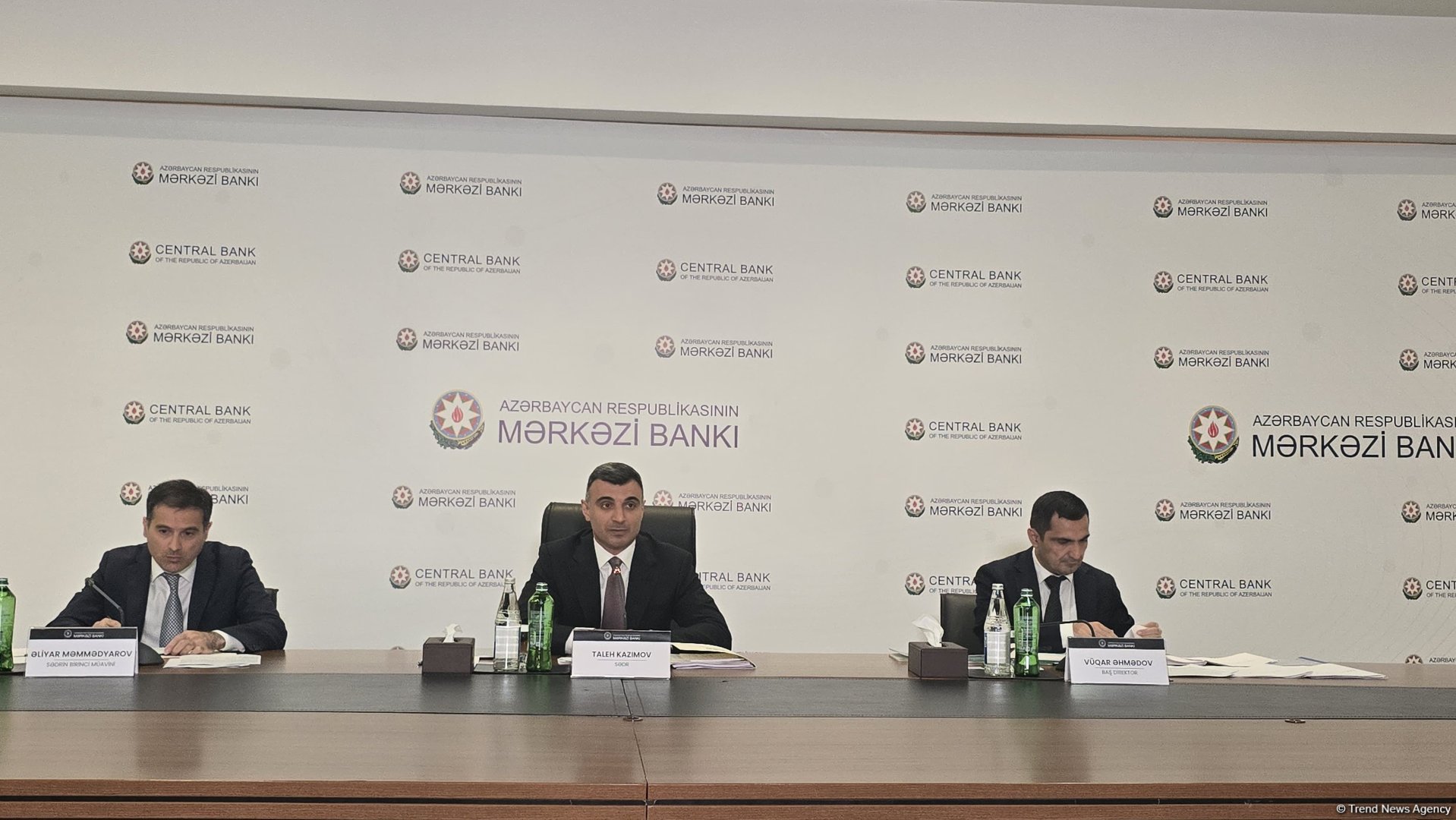
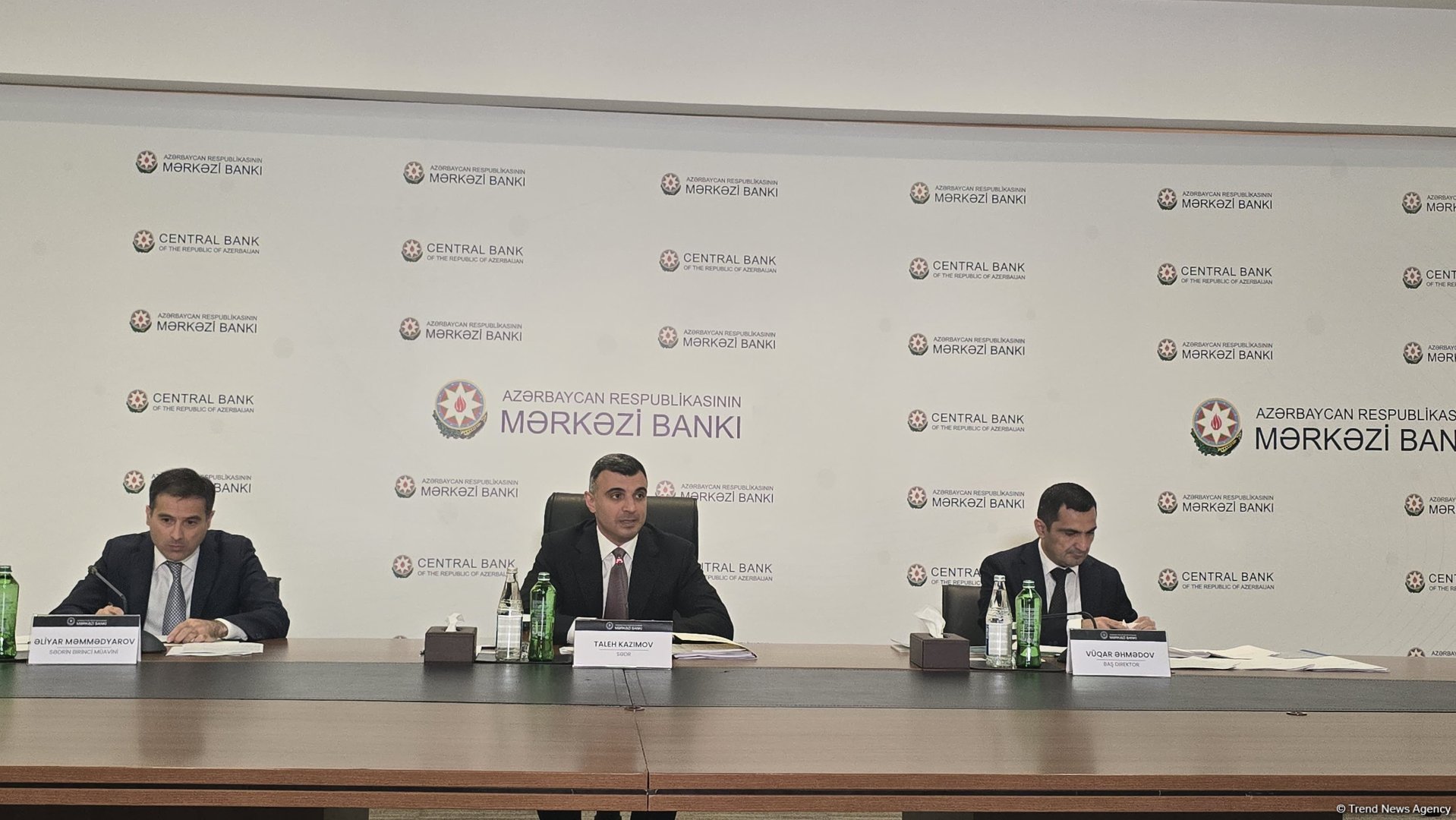
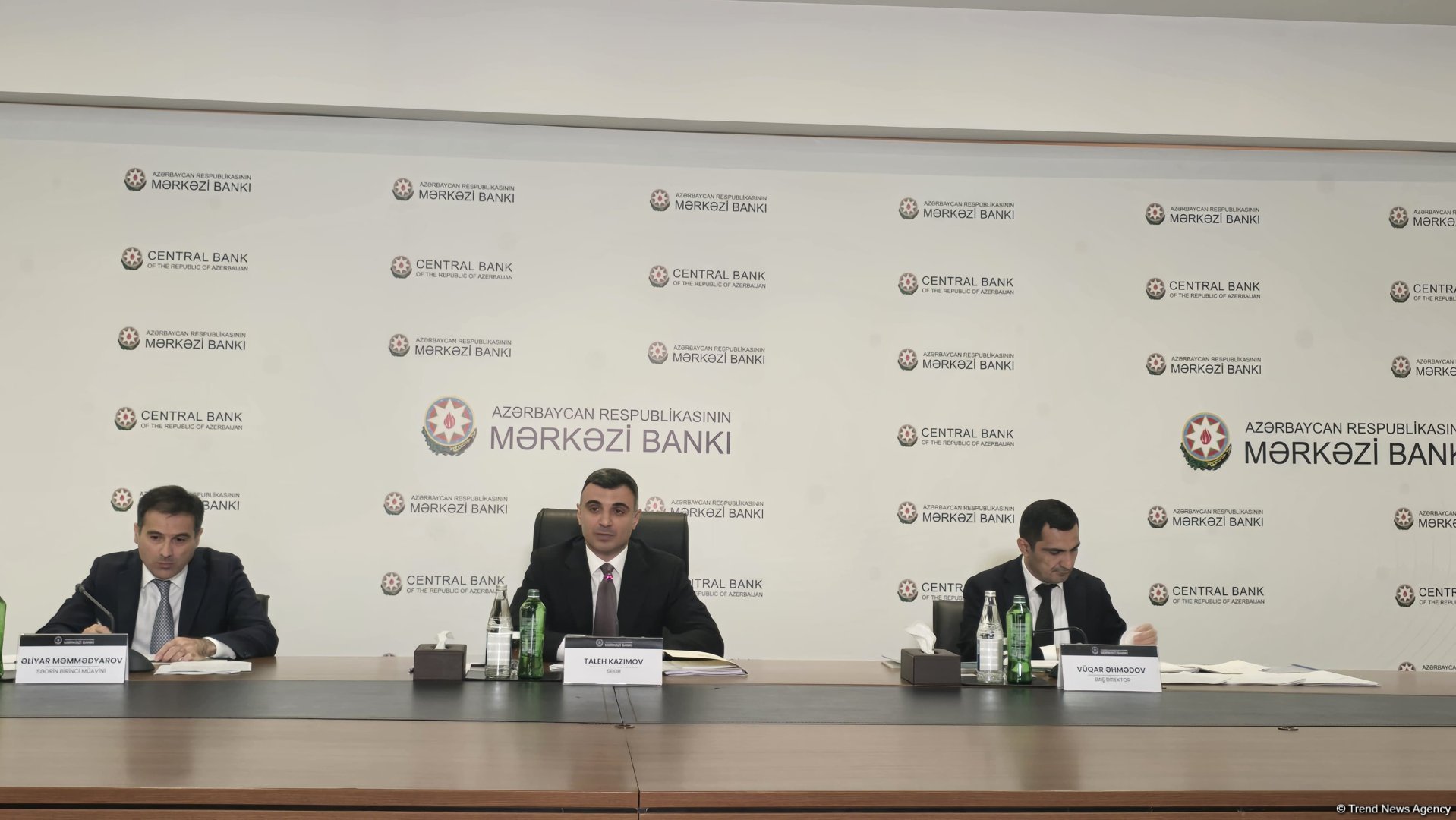















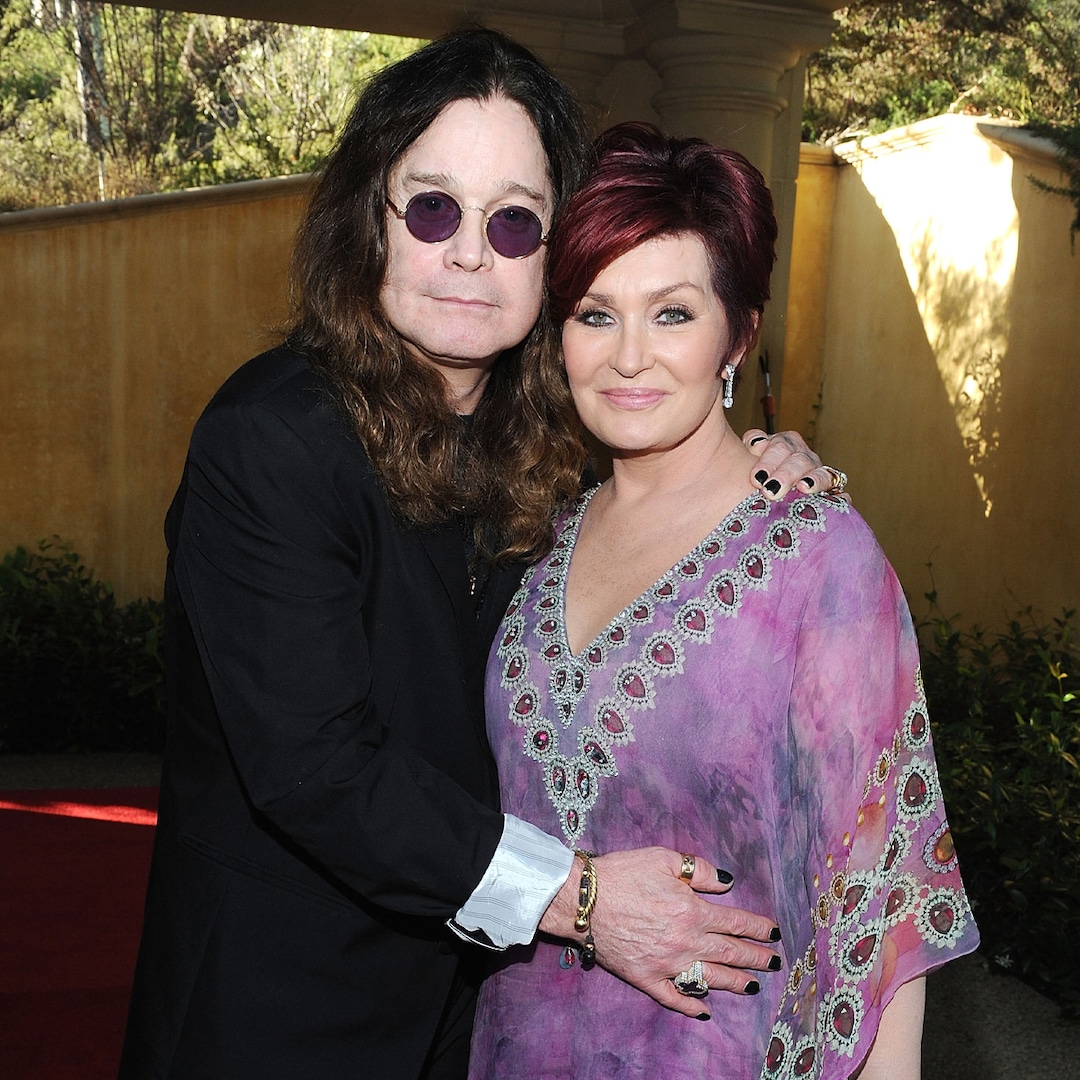

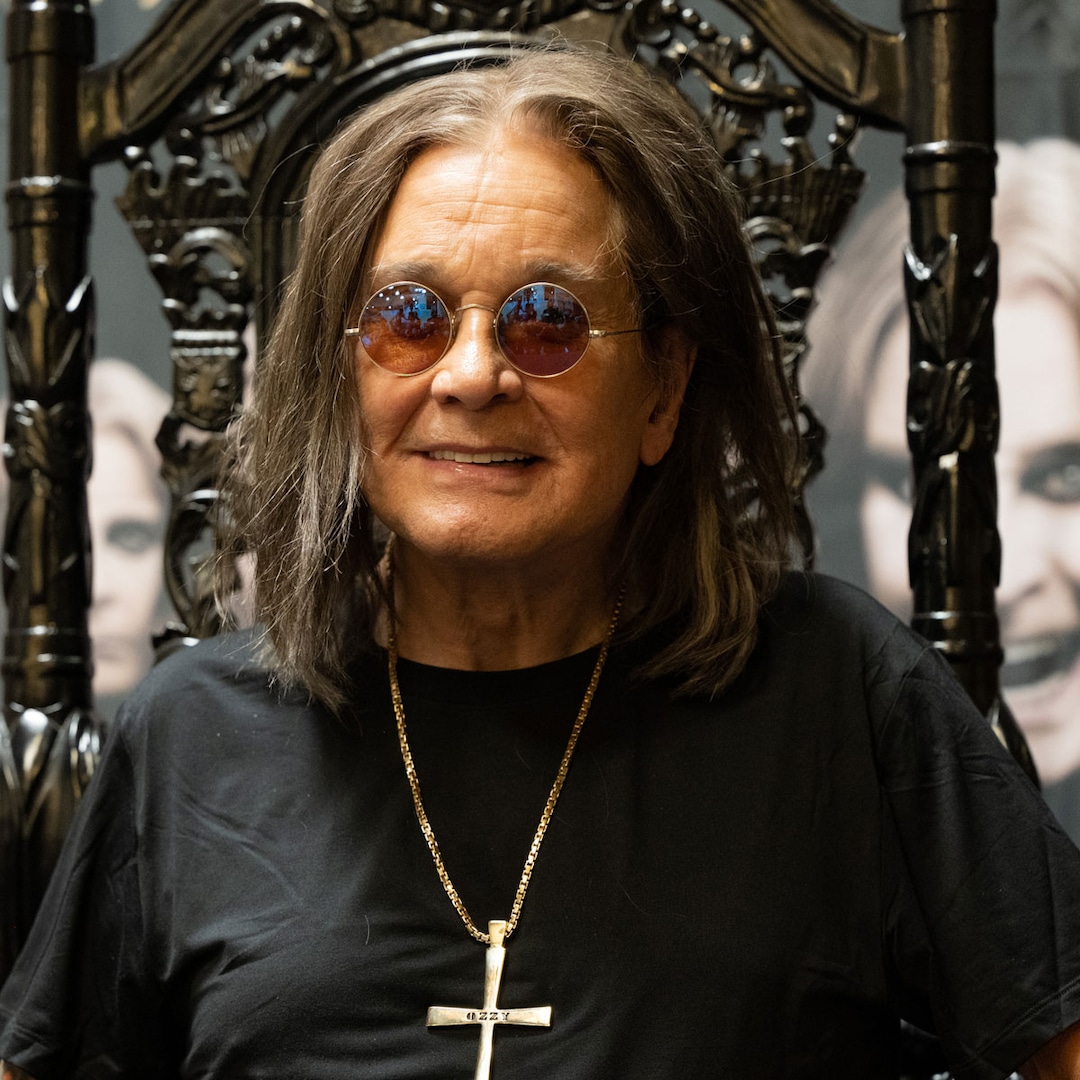









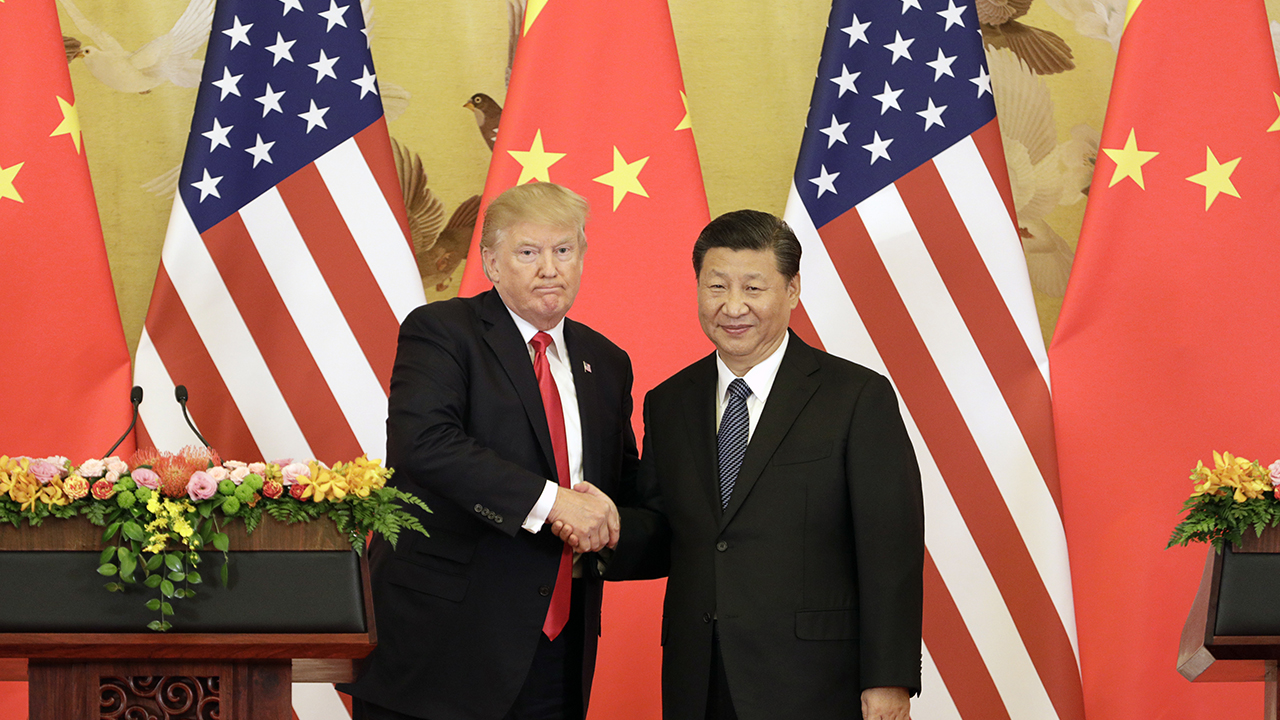
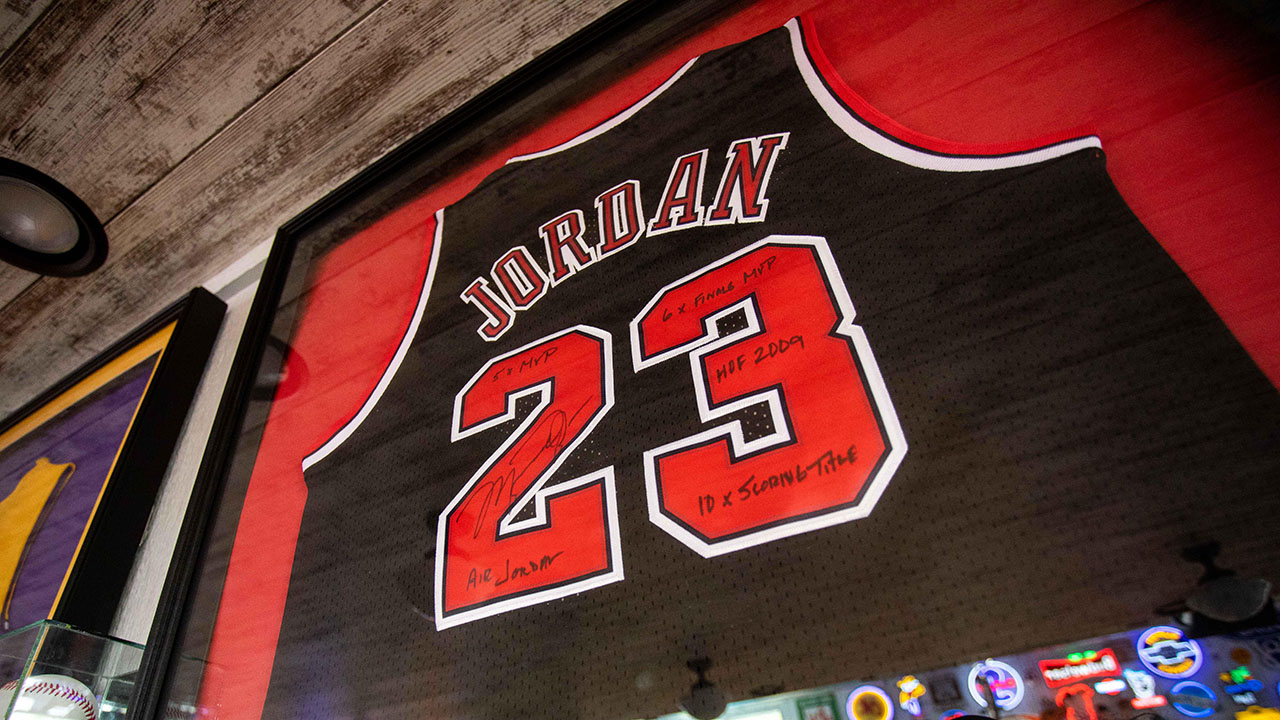











.png?Expires=1838763821&Key-Pair-Id=K2ZIVPTIP2VGHC&Signature=IO0~CT3pU-TcxGc~yoZSmoQx23MZVuK-~4jSii~NKEblRmyO3el7NXPu~Rh1o23voASg7hlcHLw4kvQuDK1jssEhcjoNBBvEpZ~GGOAU6yosBhpHpeF179F~h7i6VxmsBNh9gtTutkoqY73O2YCFey~IAqSzKbBqETP1kP9cAg1916Z1YkJJs-5MliMrkZ5d7-mWGLbpHp2wGj2VlMph8XzYlL4~y1O7fB~JdIS~Rs4RMRs2x0WT1qUIpHAsf3GdwtOyAmKFSpIg8xCyNGZZ5h~13nXlmpd7uPvW8tBfttpG9pFTqcway-uch5WyfHOEfi7UlJCOWrr6fCYY5PMgSg__)




